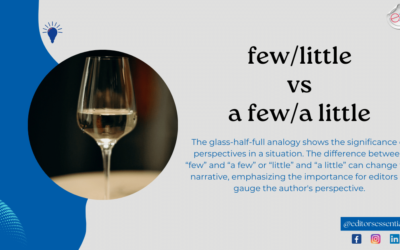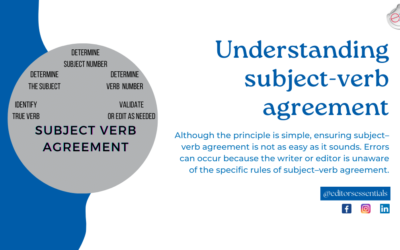
A WhatsApp conversation.
U: “What is the English translation of பà¯à®°à¯à®à¯à®à®¾à®² à® à®à®¿à®ªà¯à®ªà®à¯?”
S: “War footing”
U: “Thanks, S. Is this a noun?”
S: “Welcome”
U: “Adjective?”
S: “Yes”
“On a war footing”
“Adverb”
“Action taken on a war footing”
U: “Great”
M: “Sorry to differ, S. War footing is a noun. The fact that an article is used with the word in your example is an indication”
S: “Yes, as in a war footing”
“But in toto. On a war footing?”
M: “Yes, that’s an adverbial phrase.”
S: “It’s an adverbial. That’s what I meant.”
M: “As U. asked for the noun, I thought I’ll clarify that point.”
S: “I had acknowledged it was a noun too.”
M: “Oh, I saw your yes after the question ‘Adjective?'”
S: “That crept in. I answered for the noun.”
U: “Yes, it’s coz of the yes.”
M: “Oh, yeah, the curious case of a misplaced nodifier.”




Good classical conversation (nostalgic office days).